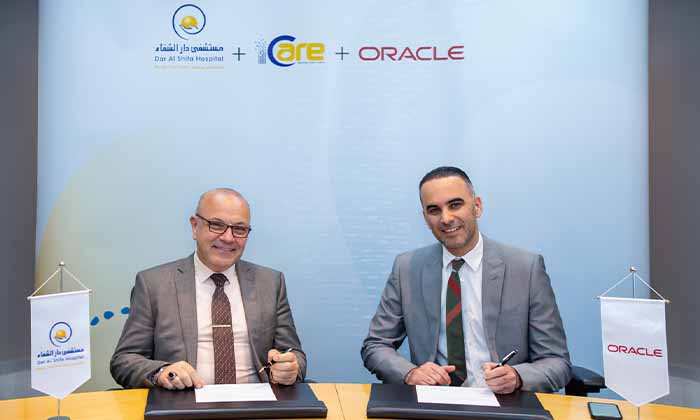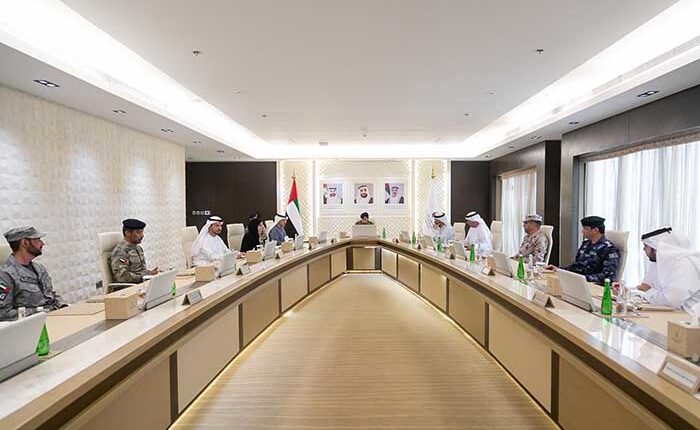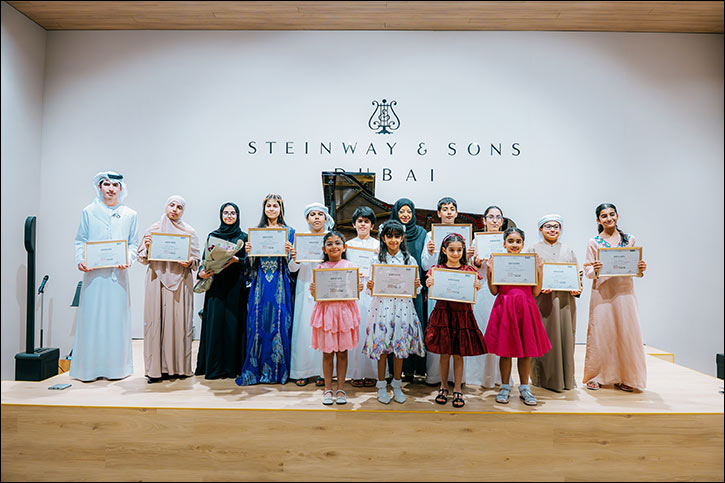- Thirty-five per cent of Arab youth identified rising living costs as the region’s biggest obstacle, followed by unemployment (32%) and the Palestinian-Israeli conflict (29%)
- Nearly half (49%) of all young Arabs now believe it will be difficult to find a job, especially in the Levant where the figure rises to 73%
Once again, young Arab men and women say rising living costs and unemployment are the biggest obstacles facing the Middle East & North Africa, according to the 14th Annual ASDA’A BCW Arab Youth Survey, released today by ASDA’A BCW, the region’s leading communications agency.
Jobs and living expenses have been their top two concerns every year since the study began, except in 2016 and 2017, when young people cited the rise of Daesh and the threat of terrorism as the region’s biggest challenges.
More than a third (41%) say they are struggling to meet their basic expenses (this rises to 63% in the Levant), and more than half (53%) say they receive financial support from their family. However, the findings point to significant regional variation, with only 16% in the GCC saying they struggle to pay their expenses in full.
Understandably, rising living costs are impacting mental health, with young people citing financial difficulties as their main source of stress. Twenty per cent overall said their difficult financial situation was their biggest source of mental strain, bigger than family issues and personal relationships. This rises to 30% in the Levant countries and Yemen.
Now in its 14th year, the Annual ASDA’A BCW Arab Youth Survey is the largest study of its kind of MENA’s largest demographic, its 200 million plus youth.
ASDA’A BCW commissioned IDS Research & Consultancy to conduct face-to-face interviews with 3,400 Arab citizens aged 18 to 24 in their home nations from May 13 to June 16. Interviews with an equal sample of men and women took place in 50 cities across a total of 17 Arab states.
Presented under six distinct themes – Identity, Livelihood, Politics, Global Citizenship, Lifestyle and Aspirations – the findings reveal a generation at a crossroads, confronted with the dilemma of preserving their traditional culture and values on the one hand, and embracing modernisation and reform on the other.
Nearly half (49%) of all young Arabs say they now believe it will be difficult to find a job, especially in the Levant where the figure rises to 73%. This ties in with the largest number (29%) saying tackling wasta/corruption and educational reform (24%) should be the most important priorities of their governments to boost their employment prospects.
When it comes to education, there is widespread concern, with 83% saying they are very or somewhat concerned about the quality of education in their country.
Continued economic pressures have led to possibly the most significant shift in 2022: the desire of young Arabs to work for themselves. The lure of a government job, once seen as a job for life, is falling – desired by 39%, a fall of 10% in just three years.
The private sector is sought by 20%, again a considerable fall of 8% in just three years. All of these have resulted in an increase of 12 percentage from 16% in 2019 to 28% now, of young Arabs now wishing to work for themselves.
Another concern for policymakers is the fact that more young Arabs are saying they are prepared to leave their home country for a better life. Nearly half (45%) admit they are either actively trying to emigrate or have considered doing so – up from 42% in 2020 and 33% last year. Canada (22%), Germany (19%) and the US (17%) are the three most popular destinations – the UAE is ranked fourth (14%).
Sunil John, President, MENA, BCW and Founder of ASDA’A BCW, said the 14th Annual ASDA’A BCW Arab Youth Survey offered further valuable insights into the mindset of young Arab men and women across MENA, and the issues decision makers must address if they are to make the most of their potential.
“At ASDA’A BCW, we believe that to understand the Arab world, we must first understand the hearts and minds of its largest demographic, its youth. The fact that living costs and unemployment continue to be the biggest worry for Arab youth shows that all stakeholders have much work to do.”
“For several years, industry experts have been calling for the creation of millions of jobs in the private sector to solve the unemployment problem,” added John. “Our survey results suggest young Arabs are no longer prepared to wait for this, and in parallel, losing interest in a government job. They now realise that being self-reliant as entrepreneurs is their only option.”
To know more about the findings, log on to arabyouthsurvey.com
-ENDS-














